By Joseph Van Blunk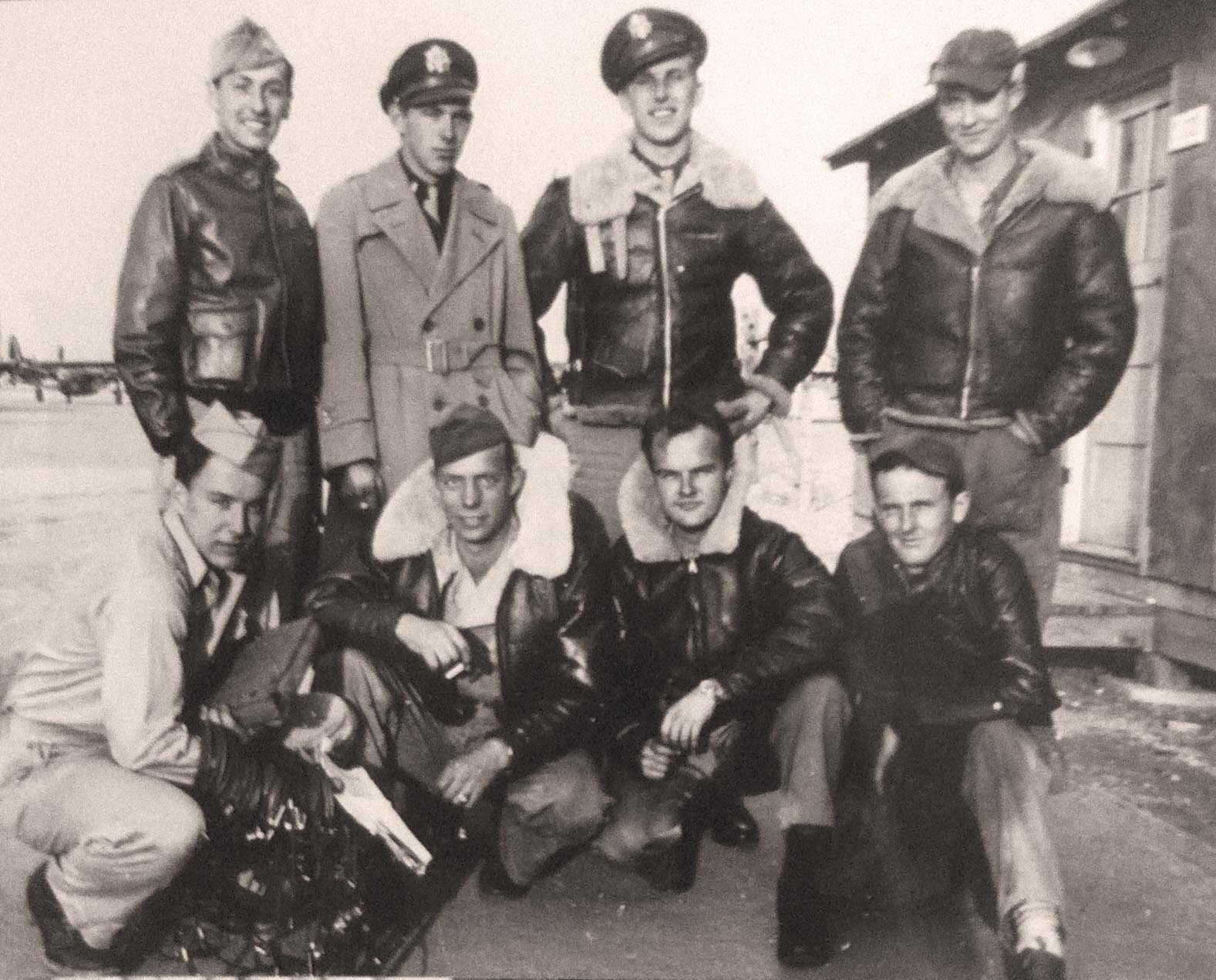
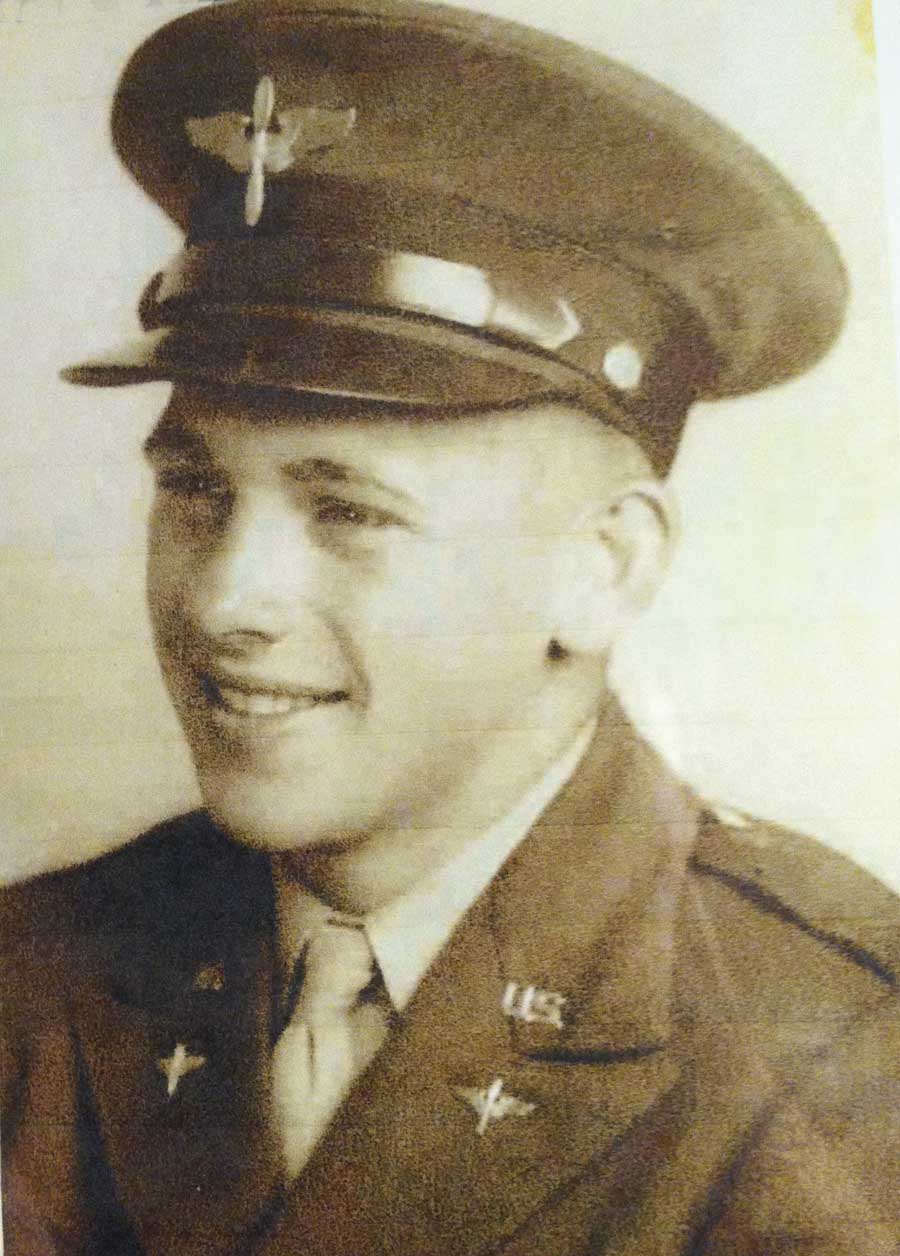
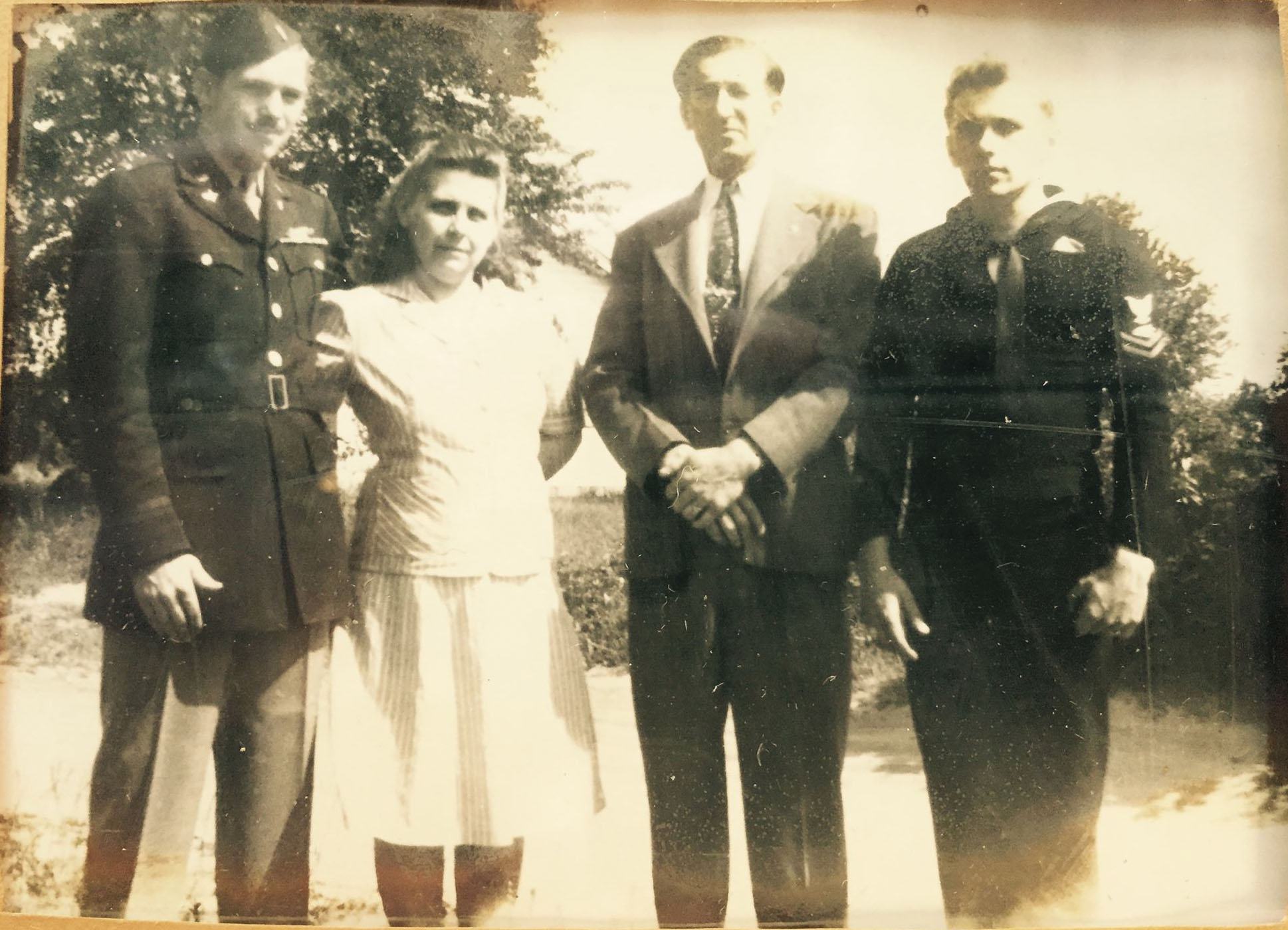
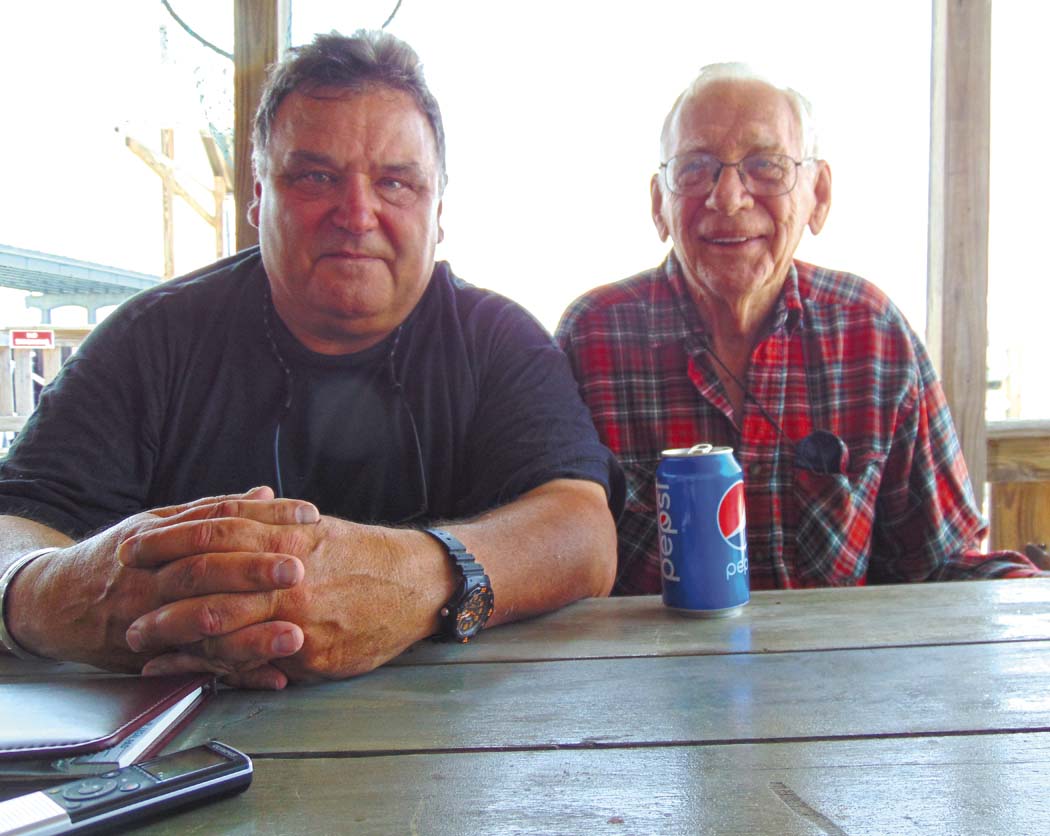
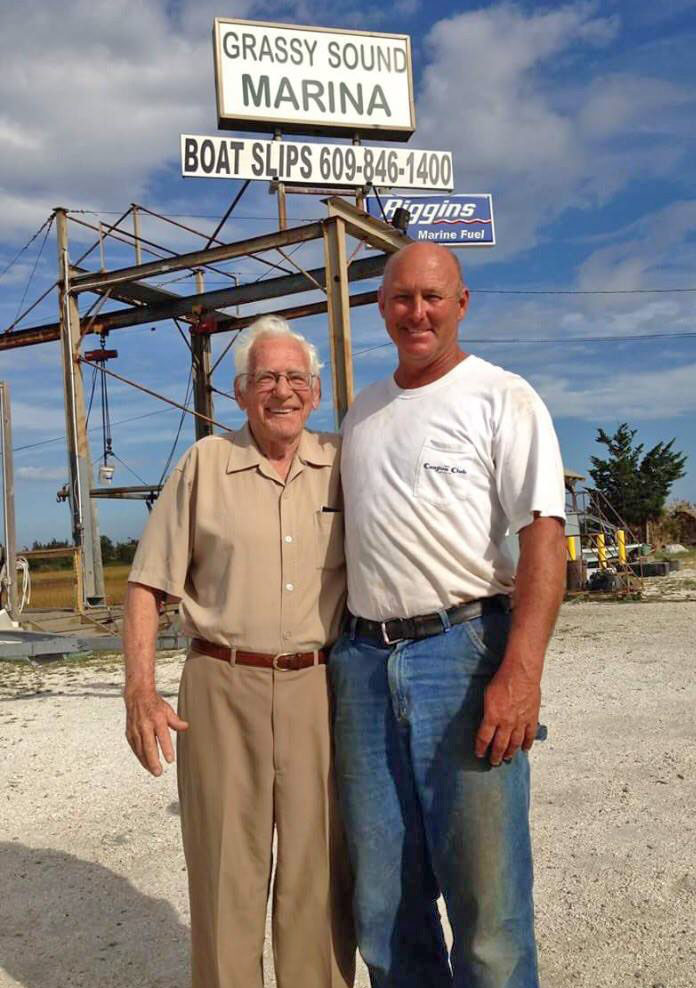
Just after crossing the bridge that takes you east to Anglesea, North Wildwood and the Atlantic, we took the first exit that puts you north on Ocean Drive. We made a very quick left on a shell/dirt road that went back west through a stretch of Salt Marsh. At the abrupt end of this bumpy, puddled lane we were in the parking lot of the Grassy Sound Marina. The Marina, under the shadow of the bridge we had just crossed, was spartan, compact and tightly arranged. Being early Spring, the lot and the slips were not quite full; there were some Gulls, but no flying insects. Out of the car we instinctively moved closer for a look at the Sound and the small craft bobbing or cruising on it. Walking to the Bait and Tackle Shack we found ourselves inside what I like to call a Chapel of its kind. There was a big dog sleeping on the floor near the small counter. The dog looked at us, but did not get up or bark. There were a handful of customers being taken care of by the staff and it was quiet… almost serene. Every wall and some of the floor and ceiling space was packed, but neatly arranged with fishing and crabbing gear mixed-in with tee-shirts and hats. All of these were adorned with colorful Marine creatures indigenous to the Sound. This is where I came to meet and interview Howard Mooers, a 93 year old man who had lived through a brief but extremely harrowing period of his young life during World War II. Just outside the back entrance on a dock shaded by a canopy it would soon be “Face Time” with some of the darkest hours of the last century and an Eye-Witnesss recollection I will never forget.
Out on the dock there were two men sitting at a wooden table. They were elderly but one was much older than the other. There was a middle-aged woman—Deb Mooers– hovering around the table when she was not multi-tasking in and out of the shack. Deb is the wife of the Marina owner Jim Mooers (Howards’ nephew) and running the place this afternoon. Also out on the dock was a tall thin teen age boy setting up a cell phone in order to video the interview. My 15 year old grandson Dean took it all in while shifting his camera case from one hand to another. For a moment I started to think that both of these boys had never seen anyone as old as Howard—an embodiment of history.
The younger of the two old men shook my hand and said, “This is who you want to talk to.”
The man he had motioned to adjusted his glasses, took a puff on his cigarette and stood up from the table. We shook hands as he offered me a smoke. He was short and slight but not frail. He was dressed for the Marina—as opposed to a Yacht Club—in casual slacks and a light shirt. He reminded me of an old Bantam or Flyweight Boxer who could take a punch yet did not get hit a lot. But as I was about to find out he had taken several bigger, brutal kind of hits over sixty years ago and was still standing in the twilight time of life. His name was Howard Mooers, yet another quiet Hero of The Greatest Generation.
Howard Mooers was born in 1923. That is to say, 93 years ago. These numbers give me pause, especially when attached to someone sitting in front of me…Howard grew-up in and around the South Jersey Shore: Pleasantville, Goshen, Mayeville. By the time he was 10 the Great Depression was on and Adolf Hitler was elected to Chancellor of Germany. By the Summer of 1936 Howard was fishing and crabbing on the natural green jewel, Grassy Sound. He was also getting over to the Wildwood Beach and Boardwalk with his friends. They jumped up and down in the waves and strolled the Boards…Looking in both places for Girls.
As a teen-ager Howard worked as a Laborer in his Father’s small construction business. It was a struggle all the way around and there wasn’t much time for school so he dropped-out to work full time. He worked in Lower Township which was more woods and farms than houses in those days. A few years later at the end of 1941 Howard was on a Job Site in Baltimore. On December 7th the Japanese launched a Sneak Attack on Pearl Harbor.
Soon enough the Draft was running full tilt. At 18 he was just what they were looking for but he had other ideas which had nothing to do with the Infantry but the Army Aircorps. In spite of his interrupted education they let him take the Aircorp test…He scored exceptionally high. He would now be out of and very far away frrom Wildwood, New Jersey and into the most exciting and intensely harrowing three years of his life.
Howard trained Stateside on both coasts: Jersey, Florida, California and Washington. He shipped out and immediately began flying combat missions out of North Africa. Out of Italy it really heated-up with such things as German Fighters and ugly black flak over the oil fields of Ploesti, Romania. Planes in his formation were routinely on fire and exploding or otherwise breaking apart. Men could be seen jumping out of these planes. Some had parachutes; others did not. Some of the parachutes did not open. Some of them got tangled and hung-up in the disintegrating fuselage. Some of the men without parachutes were on fire. Many of them were the same age as Howard—19. He had to keep on flying if they made it back to Italy—the true meaning of being stuck between a rock and a hard place.
After flying well over 25 death-defying missions Howards’ plane was shot down. He bailed out with the rest of the crew at 25,000 feet. They had little or no training with the parachutes but all made it to the ground in Czechoslovakia safely. Howard almost knocked himself out upon impact when his knee jammed into his jaw. When he came around he was surrounded by angry civilians with guns, axes and farm tools. An old man fired off a round. Others showed up in uniforms and he was taken away.
Howard was interrogated in Budapest, Hungary by a German Officer who spoke perfect English that sounded American. The Officer had been living in the States for a long time but came back to the Fatherland upon Hitlers beckoning. To say the least, the Nightmare was expanding. He was sent to the first of several Stalags full of British and American Airmen. He was then moved to a second Stalag further West or Northwest and then a third. As the advancing Russian Red Army continued to roar fire on the collapsing German Wehrmacht Howard was placed in a forced march retreat of over several hundred miles. This death-trek ended when he was liberated by Patton’s Third Army who were also in the process of liberating Dachau Concentration Camp. Young Howard was witness to this charnel horror-show as well.
After a brief period of recovery Howard was put on a plane with a small group of P.O.W.S. On the flight to a Port city in France the plane crashed. Howard came out of it in one piece but many others, some of them his Comrades-In-Arms, did not. Howard wept quietly for a moment,removed his glasses and apologized to me. I could not respond. All present were silent. My Grandson looked away… Following this last ring of smoke and fire he was put on an old French Cruise Liner that had been transformed into a troop carrier. It set sail for the United States. On the way over the ship steamed in the “Zig-Zag” pattern since it had been reported that there were still stray Wolf-Pack U-boats lurking in the North Atlantic. They reached America without incident. Howard Mooers was finally home…And at the Jersey Shore…And Grassy Sound, always a soothing peaceful place, once again.
Bailing Out Over Grassy Sound
Categories
Archives
